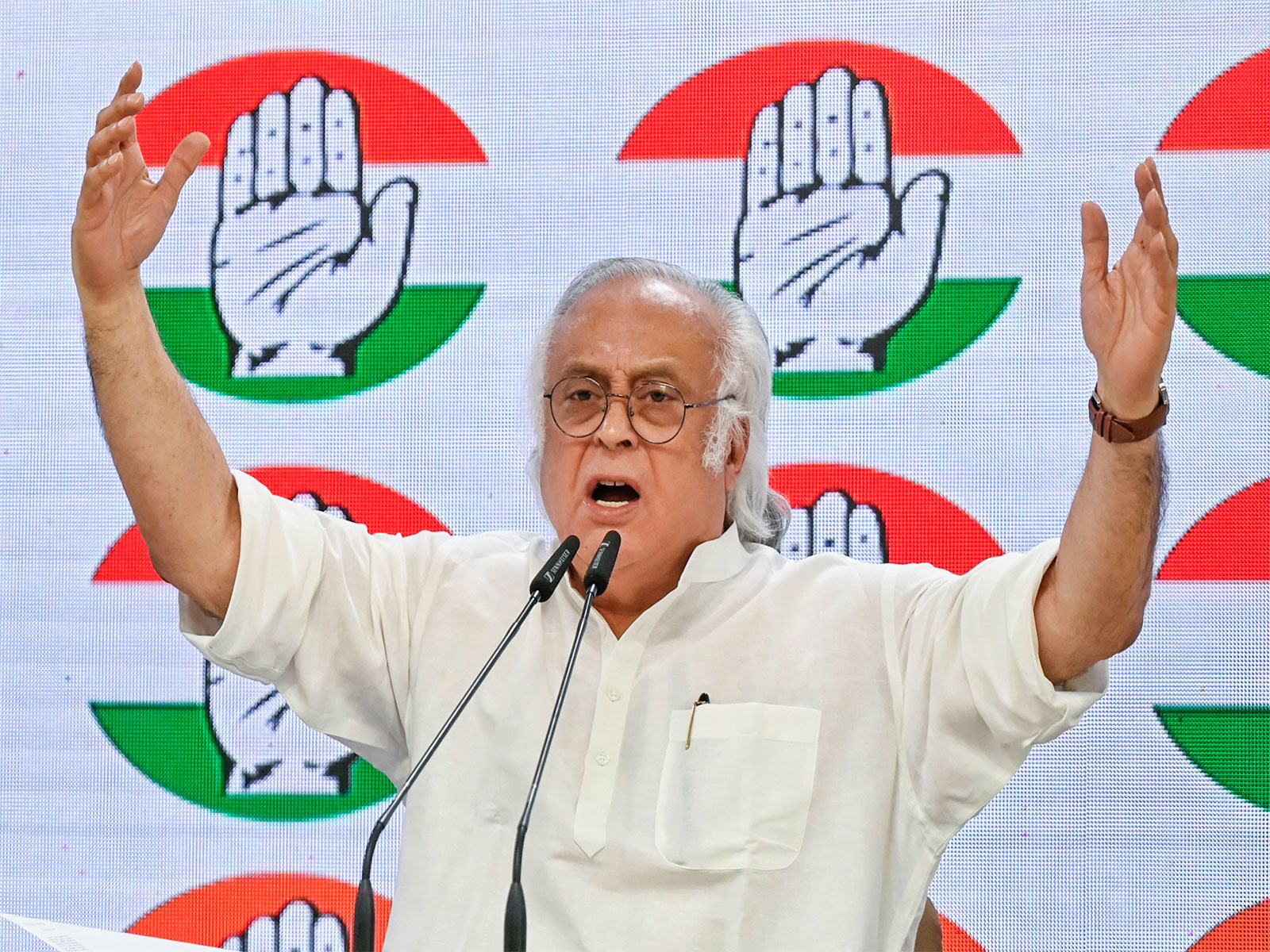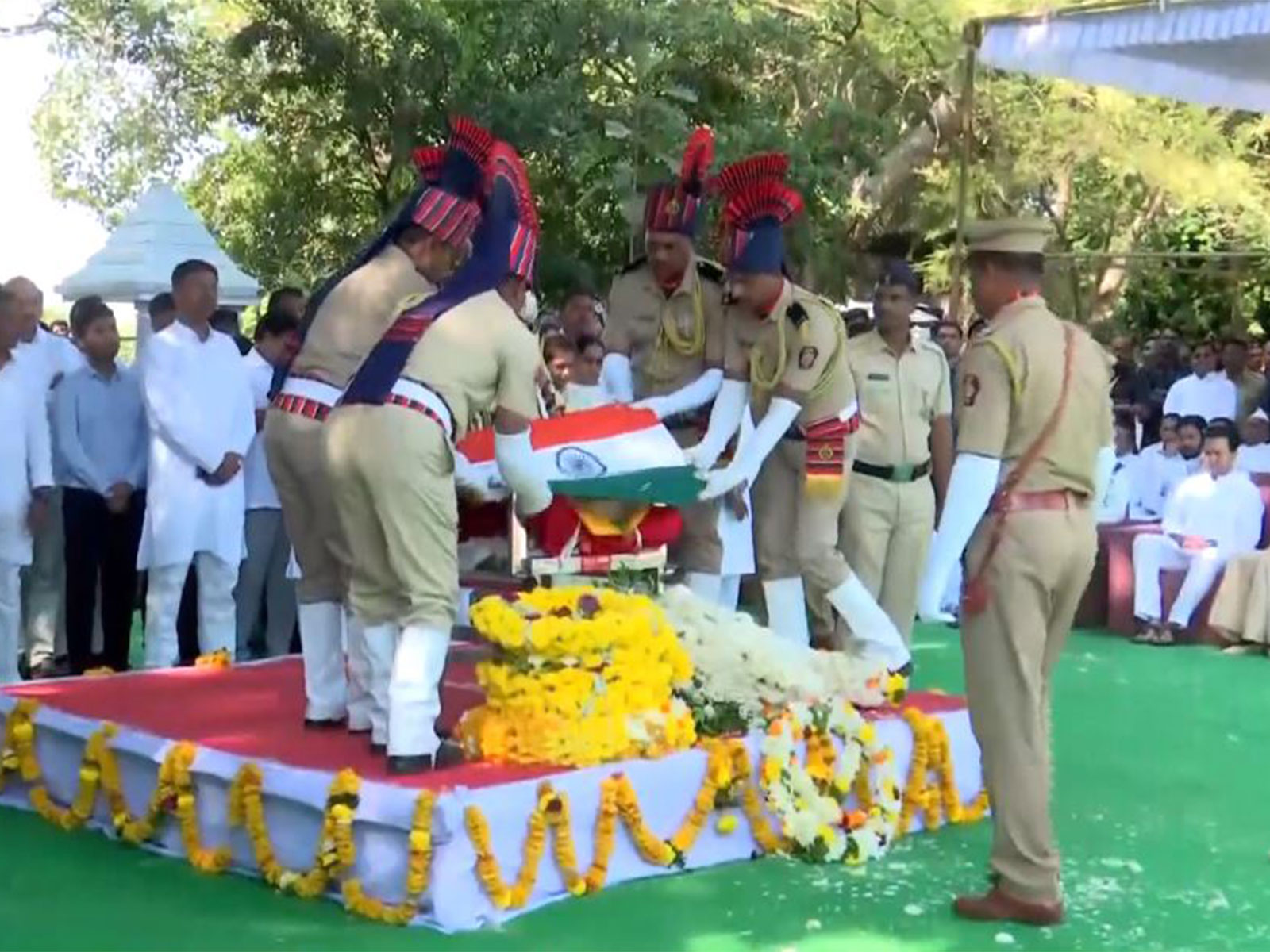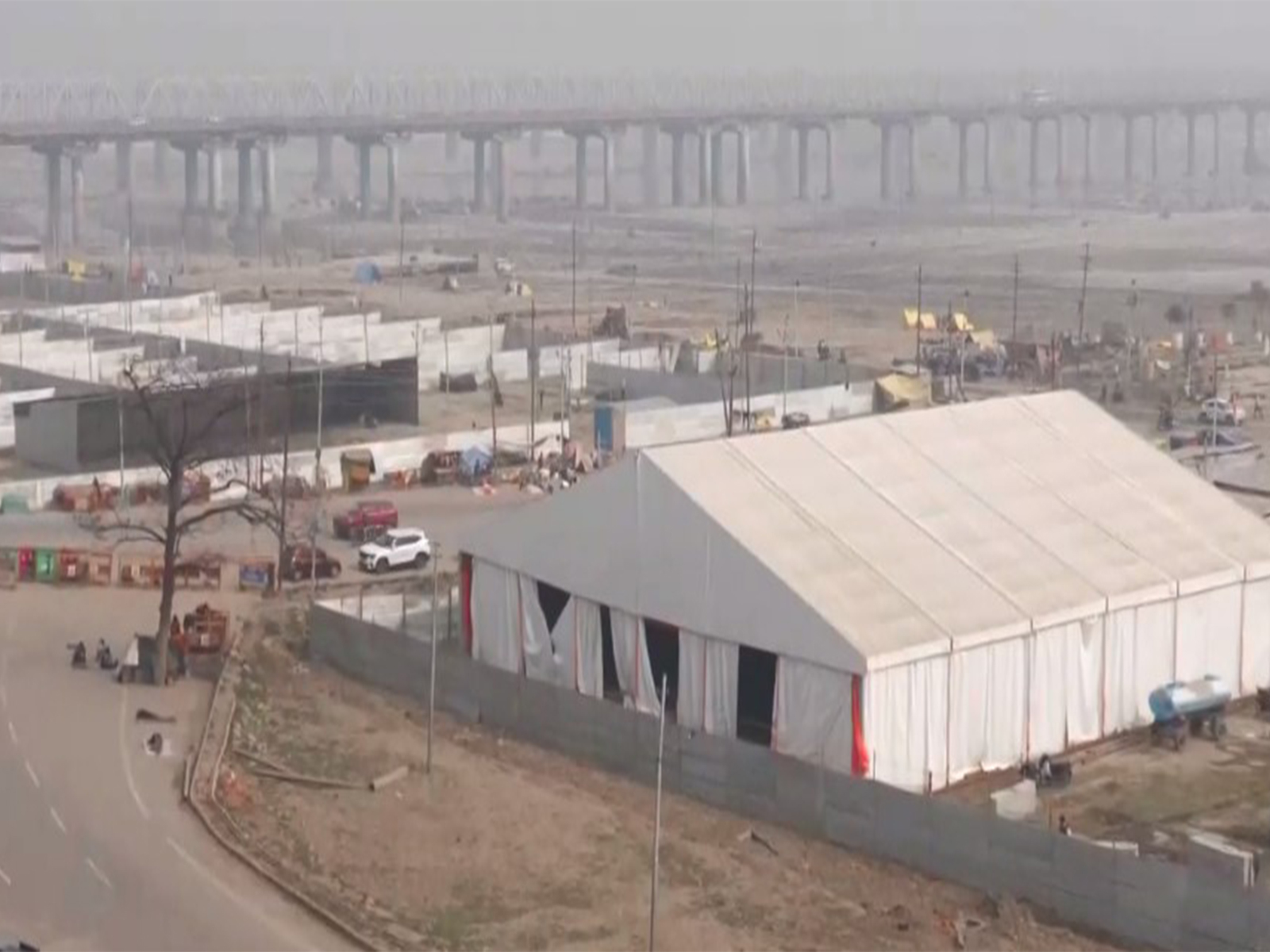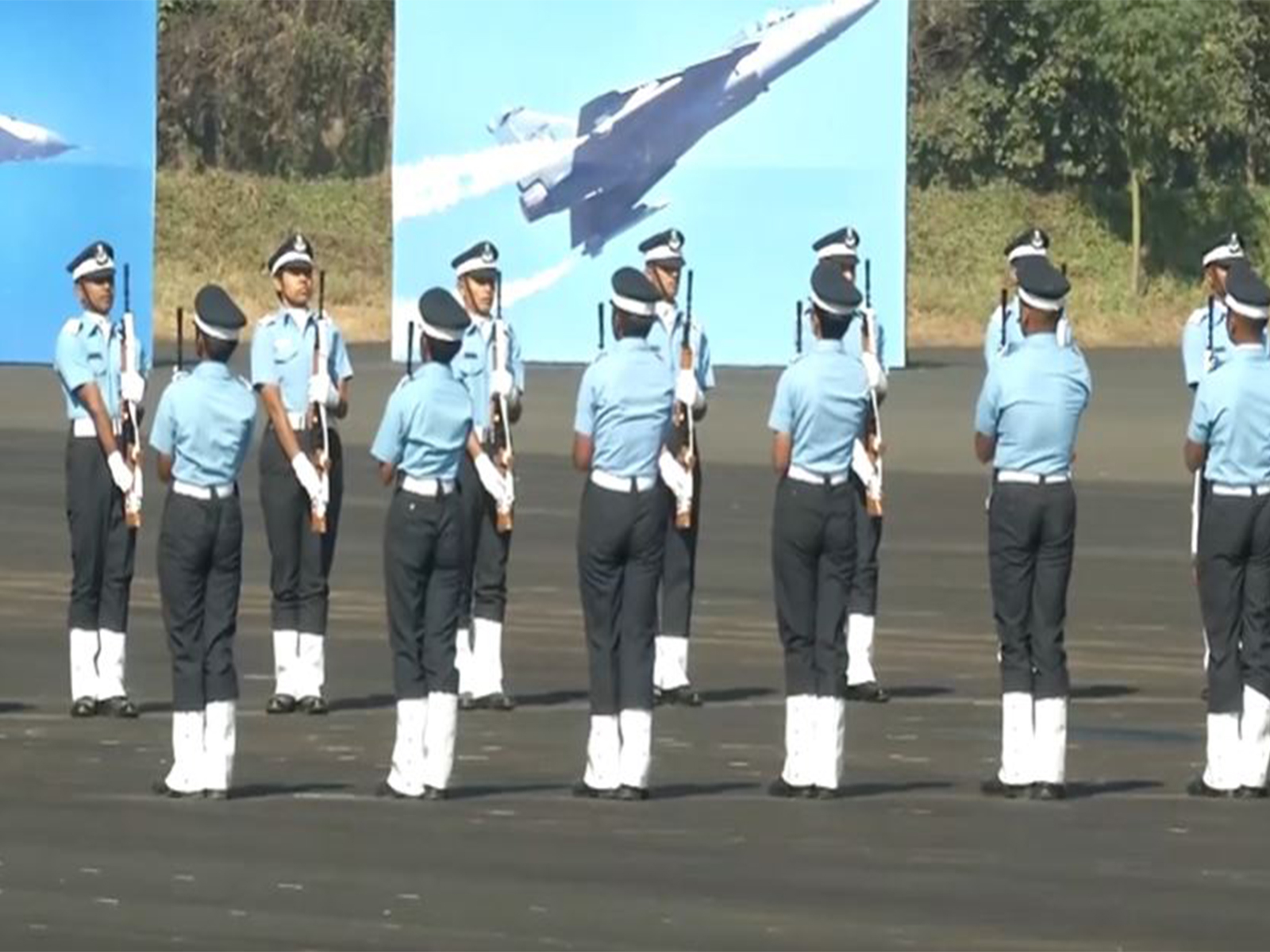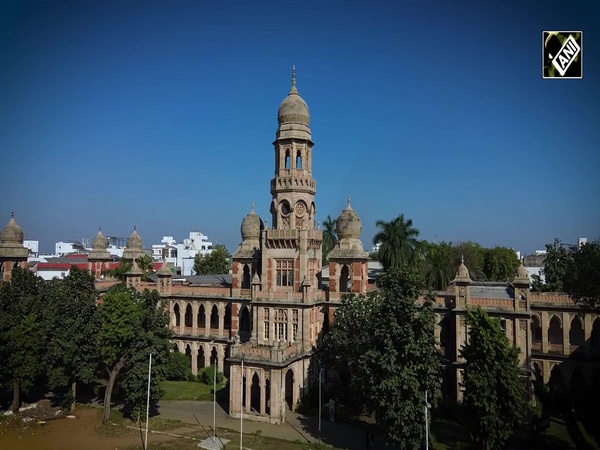"We will get to know if verdict is in interest of Kashmiri people or against": Ghulam Nabi Azad ahead of Article 370 verdict
Dec 10, 2023

Srinagar (Jammu and Kashmir) [India], December 10 : Ahead of the Supreme Court verdict over Article 370, Democratic Progressive Azad Party (DPAP) President Ghulam Nabi Azad on Sunday said that tomorrow we will know whether the verdict is in the interest of the Kashmiri people or against their interest.
"Tomorrow when the verdict will come, we will get to know if it is in the interest of the Kashmiri people or against their interest. We have been waiting for more than 4 years...Supreme Court has heard the matter...we're waiting for justice. We have full faith in the Supreme Court," Azad said.
The Constitution bench of the Supreme Court on December 11 will pronounce its verdict on a batch of petitions challenging the abrogation of Article 370 and bifurcation of the erstwhile state of Jammu and Kashmir into two Union territories.
A five-judge constitution bench comprising Chief Justice of India DY Chandrachud, Justices Sanjay Kishan Kaul, Sanjiv Khanna, BR Gavai, and Surya Kant will pass the judgement on Monday.
The Constitution Bench was hearing a batch of petitions challenging the abrogation of Article 370 of the Constitution and bifurcating the state into two Union Territories.
Several petitions were filed in the top court, including those of private individuals, lawyers, activists, politicians and political parties challenging the Jammu and Kashmir Reorganisation Act, 2019, which splits Jammu and Kashmir into two Union Territories: Jammu and Kashmir and Ladakh.
On August 5, 2019, the Central government announced the revocation of the special status of Jammu and Kashmir granted under Article 370 and split the region into two union territories.
On September 5, the apex court reserved the judgement after hearing the arguments for 16 days.
The central government had defended its decision to abrogate Article 370, saying there was no "constitutional fraud" in repealing the provision that accorded special status to the erstwhile state of Jammu and Kashmir.
Attorney General R Venkataramani and Solicitor General Tushar Mehta appeared for Centre.
The Centre had told the bench that Jammu and Kashmir was not the only state whose accession to India was through instruments of accession, but many other princely states that too had joined India post-independence in 1947, with conditionalities and after their merger, their sovereignty was subsumed in the sovereignty of India.
The Central government had defended its decision to abolish Article 370 in Jammu and Kashmir, saying that after the changes, street violence, which was engineered and orchestrated by terrorists and secessionist networks, has now become a thing of the past.
